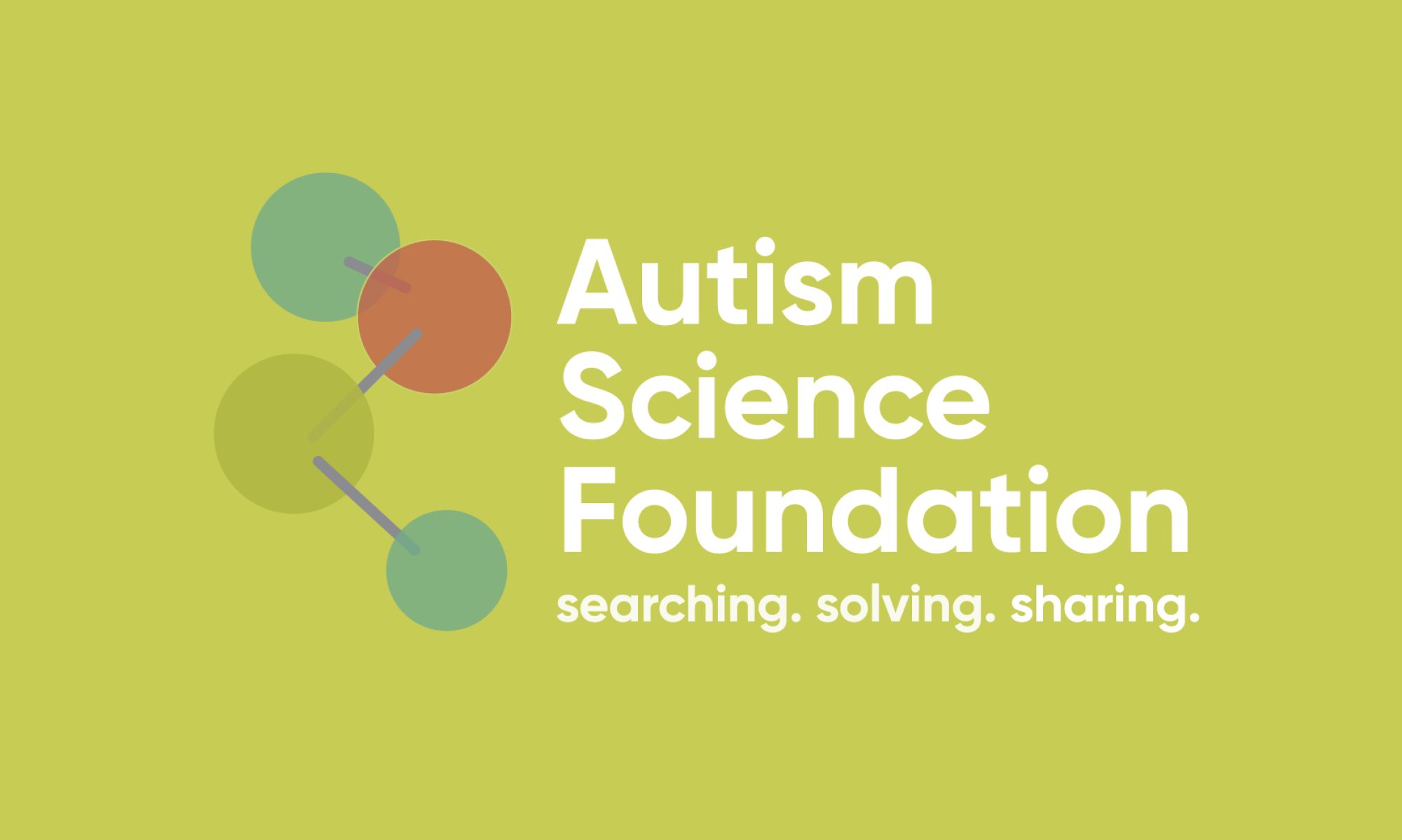By Roseann Schaaf, PhD, OTR/L, FAOTA

Life is a sensory experience! We touch, hear, feel our muscles, move our bodies, taste, and smell and use vision to take in information from the environment, process and integrate it to act and interact as well as to learn and grow. Upwards of 80% of persons with Autism Spectrum Disorder (ASD) experience differences in the way they perceive and process sensory information. This impacts the ways in which they participate in functional tasks such as speaking, moving, eating, dressing, interacting with others, playing, learning and working. These sensory features are now part of the diagnosis of autism in the DSM5.
As an occupational therapist and a neuroscientist, my interest in the sensory features of ASD developed from working with children and families who often articulated how decreased sensory perception, integration or sensory sensitivities affected their everyday lives. As we worked together to improve independence and skill in daily life activities, success at school and to foster social engagement, it became clear that we needed to address these sensory differences in order to achieve their desired goals. We used the principles of sensory integration (Ayres, 2005; Bundy, et al, 2001) to target these issues and saw positive results! To share our knowledge and test this approach we received funding to write a manualized protocol (Schaaf & Mailloux, 2015), test its effectiveness, and publish our findings (Schaaf, et al, 2014). This study showed that children with ASD who received the occupational therapy using sensory integration treatment performed significantly better in functional skills and individual goals compared to controls.

We are now conducting a larger, more comprehensive study and are seeking families who have a child with ASD aged 6-9.5 years who may want to participate in the study. This study is a collaboration with Thomas Jefferson University and Albert Einstein Medical Center and is located in the Bronx, NY. Children will receive a full diagnostic battery and then be randomized to one of the treatments (Sensory Integration or a behavioral intervention) and will receive 3 one-hour sessions/week for a total of 30 treatments. Parents must be willing to travel to Albert Einstein College of Medicine (1225 Morris Park Avenue, Suite 1-C, Bronx, NY 10461). Participants will receive a total of $250 and a report of the child’s performance and assessment data at the end of the study. Children have a 1/3 chance of being randomized into the “No Treatment” arm of the study but will still receive all assessments and stipends for participation.
The report will indicate whether the child performed below, at, or above average in the last round of the following tests:
- Wechsler Abbreviated Scale of Intelligence (WASI-II)
- Autism Diagnostic Observation Schedule (ADOS-2)
- Sensory Integration and Praxis Tests (SIPT)
- Assessment of Motor and Process Skills (AMPS)
- Evaluation of Social Interaction (ESI)
- Aberrant Behavior Checklist (ABC)
- Restrictive and Repetitive Behaviors Rating Scale Revised (RBS-R)
- Pediatric Evaluation of Disability Inventory Computer Adaptive Test (PEDI-CAT)
- Pervasive Developmental Disorders Behavioral Inventory
- Sensory Processing Measure (SPM)
If you know of any families who are interested, please have them contact the study coordinator at 718-862-1817 or sophia.zhou@einstein.yu.edu. Learn more about the lab here and the study here.

